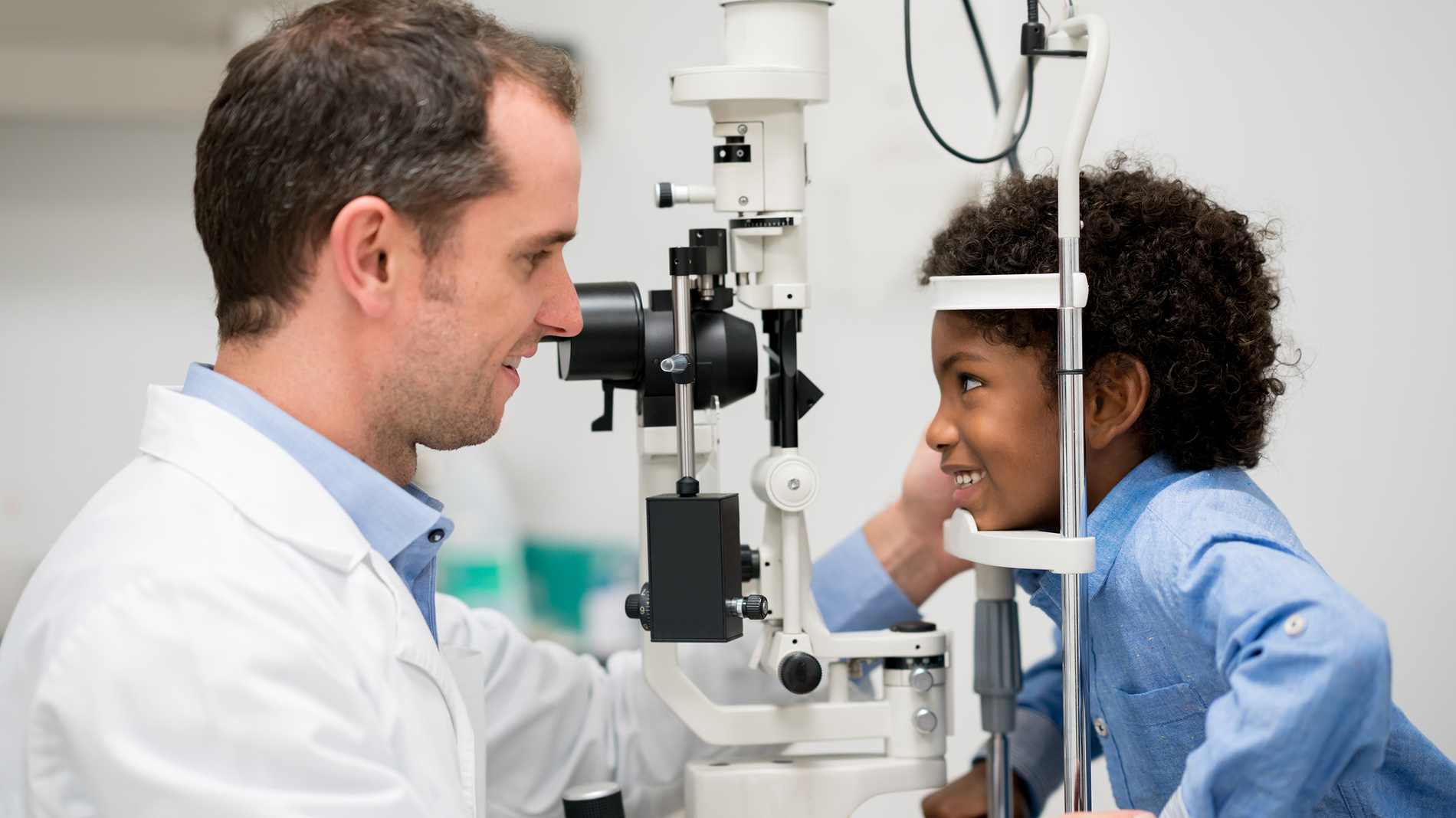Premier Eye Center Panama City Florida for Your Family's Eye Wellness
Premier Eye Center Panama City Florida for Your Family's Eye Wellness
Blog Article
A Comprehensive Guide to Eye Surgery Treatments Available at Your Ophthalmologist's Practice
In the world of ophthalmology, the innovations in eye surgical treatment treatments have opened a globe of possibilities for those seeking boosted vision and eye health. From the well-known LASIK eye surgical procedure to the less acquainted Corneal Transplants, the range of procedures offered at your optometrist's practice can deal with a selection of vision-related issues. Understanding the subtleties of each therapy option and just how they can potentially change your vision requires a closer take a look at the outcomes and ins and outs connected with these treatments. Allow's check out the diverse landscape of eye surgery treatments that can possibly enhance your aesthetic acuity and lifestyle.
LASIK Eye Surgical Treatment
When considering vision adjustment procedures, LASIK eye surgical treatment becomes a noticeable choice for people looking for long-lasting renovation in their eyesight. LASIK, which means Laser-Assisted sitting Keratomileusis, is a popular refractive surgery that intends to correct typical vision troubles such as astigmatism, nearsightedness, and farsightedness. This treatment includes making use of a laser to reshape the cornea, permitting light to be correctly focused onto the retina, resulting in more clear vision without the demand for glasses or call lenses.
Among the vital advantages of LASIK eye surgical procedure is its fast and fairly pain-free nature. The procedure itself generally takes just around 15 mins per eye, with a lot of people experiencing improved vision practically immediately. Additionally, the recuperation time for LASIK is relatively brief, with numerous individuals able to return to their normal tasks within a day or more.

PRK (Photorefractive Keratectomy)
FIRST SENTENCE:
Another advanced vision adjustment treatment comparable to LASIK is PRK (Photorefractive Keratectomy), using reliable remedies for people looking for alternatives to conventional glasses or contact lenses. PRK is a surgery that improves the cornea making use of an excimer laser to remedy refractive errors such as nearsightedness (nearsightedness), hyperopia (farsightedness), and astigmatism. Unlike LASIK, PRK does not include creating a flap on the cornea; instead, the external layer of the cornea is delicately eliminated prior to the laser therapy. This makes PRK an appropriate choice for people with thin corneas or those associated with activities where the danger of eye trauma is greater.
The healing period for PRK is much longer compared to LASIK, as the external layer of the cornea needs time to regenerate. Clients may experience discomfort and blurry vision during the preliminary recovery phase, but vision progressively improves over several weeks. Your eye doctor will offer detailed post-operative treatment instructions to ensure a smooth recovery process and optimal visual end results.
Cataract Surgery
Cataract surgical procedure, a typical procedure done by ophthalmologists, entails removing the cloudy lens within the eye and replacing it with a clear synthetic lens dental implant to restore vision clarity. Cataracts occur when the all-natural lens of the eye ends up being cloudy, leading to obscured vision and trouble seeing clearly. Throughout cataract surgical treatment, the eye doctor makes official website a little laceration in the eye and makes use of ultrasound innovation to separate the cloudy lens, which is then gently suctioned out. When the cataract is gotten rid of, the synthetic lens, called an intraocular lens (IOL), is placed to change the natural lens's function. This IOL assists to focus light onto the retina, boosting vision. Cataract surgical treatment is typically performed on an outpatient basis and is known for its high success rate in improving vision and lifestyle for individuals. It is vital to seek advice from your ophthalmologist to identify if cataract surgical treatment is the right choice for you based on your specific eye health requirements.
Corneal Transplants
Corneal transplants, also referred to as corneal grafts, are surgeries that include replacing harmed or diseased corneal cells with healthy benefactor cells to improve vision and alleviate corneal conditions. This procedure is commonly suggested for people with corneal scarring, thinning, or other corneal diseases that can not be dealt with efficiently with other methods such as medicine or call lenses.
Throughout a corneal transplant, the eye doctor eliminates the main section of the damaged cornea and changes it with a benefactor cornea. This donor tissue is meticulously chosen, checked, and kept to guarantee compatibility and minimize the danger of denial. Corneal transplants can recover vision, lower discomfort or discomfort, and boost the look of the eye.
There are different types of corneal transplants, including full-thickness transplants (permeating keratoplasty) and partial-thickness transplants (such as endothelial keratoplasty or former lamellar keratoplasty), with the choice depending upon the specific condition being treated. After the surgical procedure, patients require close post-operative care to keep track of healing and avoid complications.
Retinal Detachment Surgery
Complying with effective corneal transplants, one more essential eye surgery treatment that might be required for certain people is retinal detachment surgical treatment, a fragile operation targeted at restoring the retina's appropriate setting to preserve vision and avoid additional problems (eye care panama city fl). Retinal detachment occurs when the retina, the slim layer of cells at the back of the eye responsible for capturing light and sending out aesthetic signals to the brain, draws away from its regular setting. This splitting up can cause vision loss if not without delay addressed with surgical treatment
During retinal detachment surgery, the ophthalmologist works to reattach the retina to the back of the eye. The goal of the surgery read review is to protect against vision loss and enhance or restore vision if feasible.
Conclusion

In the world of ophthalmology, the innovations in eye surgical procedure therapies have opened up a globe of opportunities for those looking for boosted vision and eye wellness. From the commonly well-known LASIK eye surgery to the less familiar Corneal Transplants, the selection of procedures offered at your eye medical professional's practice can deal with a variety of vision-related concerns. It is necessary to seek advice from with your eye physician to determine if cataract surgical procedure is the right choice for you based on your specific eye health and wellness needs.
Complying with successful corneal transplants, another critical eye surgical treatment treatment that may be necessary for particular people is retinal detachment surgery, a delicate procedure intended at bring back the retina's correct setting to protect vision and avoid more problems.In final thought, there are various eye surgical treatment treatments offered at your eye medical professional's practice, including LASIK, PRK, cataract surgical treatment, corneal transplants, and retinal detachment surgical procedure.
Report this page